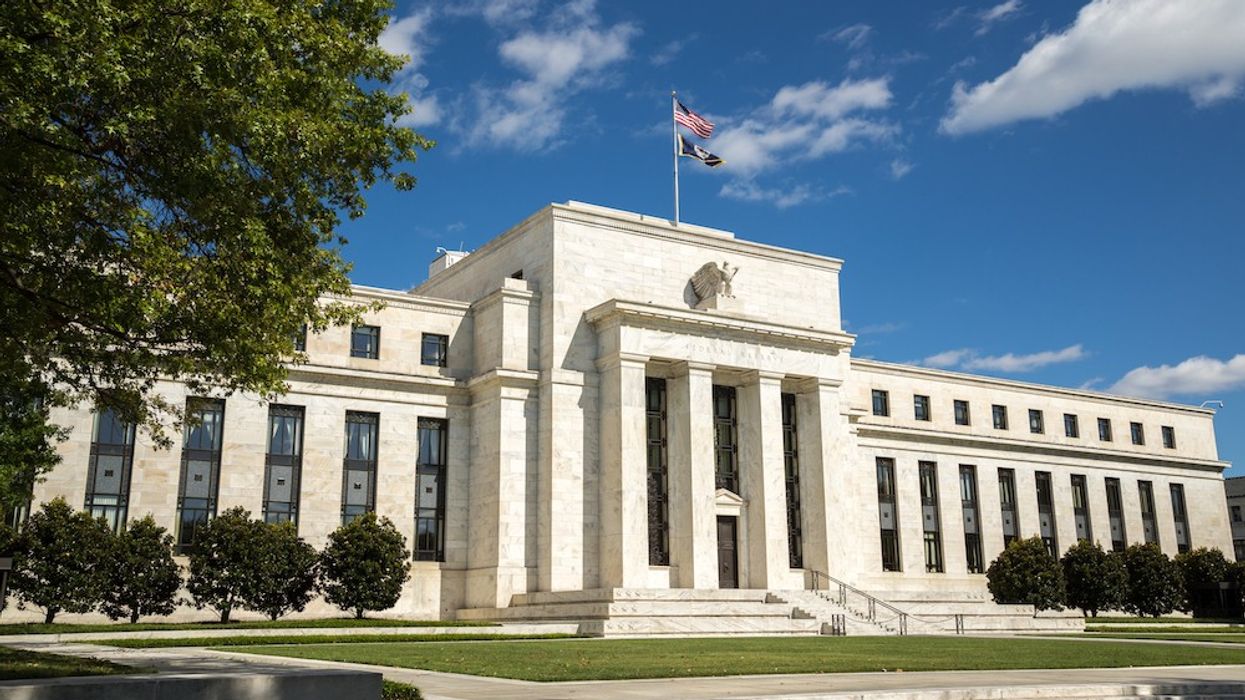Some not-so-great news for borrowers hoping for an interest rate break: the cost of borrowing is set to stay elevated for the foreseeable future, according to the head of US monetary policy.
In a speech made at an economic symposium in Jackson Hole, Wyoming, Jerome Powell -- Chair of the U.S Federal Reserve -- said rates will remain high as long as inflation is a contender. “We are taking forceful and rapid steps to moderate demand so that it comes into better alignment with supply, and to keep inflation expectations anchored. We will keep at it until we are confident the job is done,” he stated.
“Restoring price stability will take some time and requires using our tools forcefully to bring demand and supply into better balance. Reducing inflation is likely to require a sustained period of below-trend growth.”
Powell warns this will lead to some “unfortunate costs” of reducing inflation, such as a softer labour market, and economic pain for households and businesses. However, he adds, while the American economy is clearly slowing from its strong pandemic rebound in 2021, he believes it continues to show strong underlying momentum, supported by a robust labour economy.
As is the case in Canada, sizzling inflation growth has driven the Fed to implement an aggressive rate hiking cycle, in efforts to reign it in. In their most recent July meeting, the Federal Open Market Committee (FOMC) increased their federal funds rate range by 75 basis points -- the second consecutive hike of that size -- to 2.5%. It’s looking ever more likely that a third three-quarter hike could be in the cards come September.
“I said then that another unusually large increase could be appropriate at our next meeting,” Powell said. “We are now about halfway through the intermeeting period. Our decision at the September meeting will depend on the totality of the incoming data and the evolving outlook. At some point, as the stance of monetary policy tightens further, it likely will become appropriate to slow the pace of increases.”
Higher interest rates are starting to have their intended effect; July’s inflation reading came in at 8.5%, which was slightly softer than the forecasted 8.7%. While that cooler print was a “welcome development,” “a single month's improvement falls far short of what the Committee will need to see before we are confident that inflation is moving down,” Powell said, adding that restoring price stability will “likely require maintaining a restrictive policy stance for some time.”
The US Influence on Canadian Rates
When it comes to monetary policy, the Bank of Canada (BoC) traditionally moves in lockstep with the U.S. Fed, as outpacing American policy could have dire consequences for the Loonie. That means Powell’s latest comments will likely spell lingering higher interest rates for Canadian consumers, too.
Faced with its own persistent inflation challenges, the BoC has hiked its trend-setting Overnight Lending Rate four times since March, bringing it from a pandemic-induced low of 0.25% to 2.5% today. With the next rate announcement just over a week away on September 7, analysts are keenly looking to see how Powell’s comment will translate into the BoC’s next move.
“Dashing market hopes of rate cuts next year, Powell affirmed that it's onward and upwards for the fed funds rate for now,” wrote Sal Guatieri, Senior Economist and Director at BMO Economics, in a note. “We continue to look for a 50-bp hike on the 21st and rates ultimately peaking in the 3.50%-to-3.75% range, which should be "sufficiently restrictive" to cool demand and gradually lower inflation without tipping the economy into a deep downturn.”
READ: Locked In: Is Now the Time to Switch to a Fixed Mortgage Rate?
In an interview with BNN Bloomberg, Philip Petursson, Chief Investment Strategist at IG Wealth Management, said, “I think that [Powell’s speech] sets the stage for the Bank of Canada to continue to be as aggressive as they’ve been, even though I think the Canadian economy is potentially in a worse off situation than the U.S., because of the direct impact of the housing market.”
“I think the Bank of Canada is going to follow the U.S. Fed for now.”





















